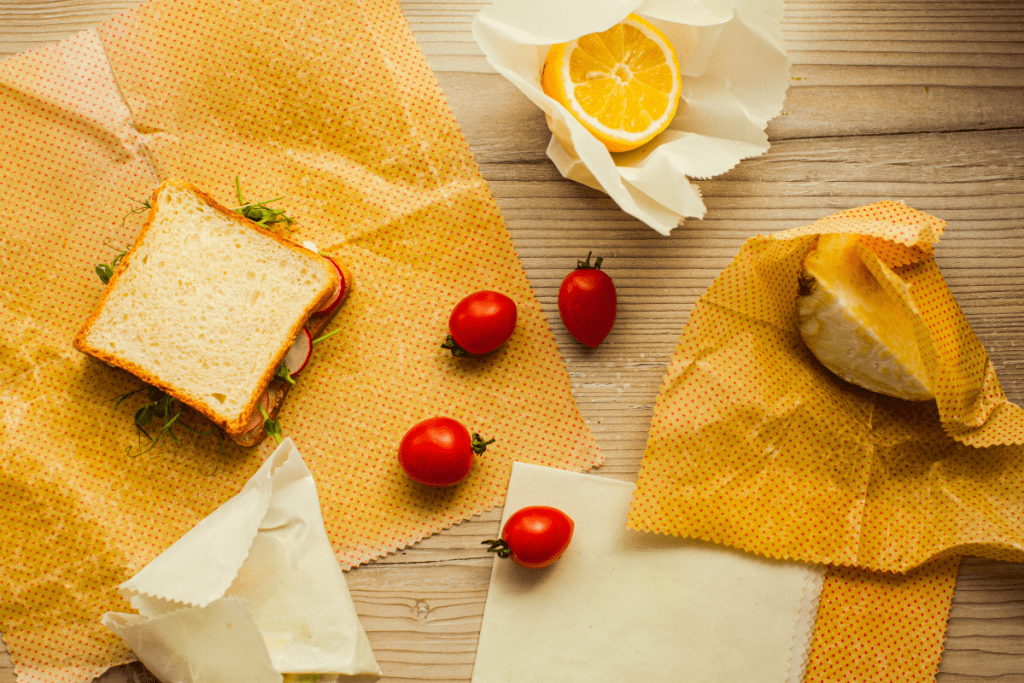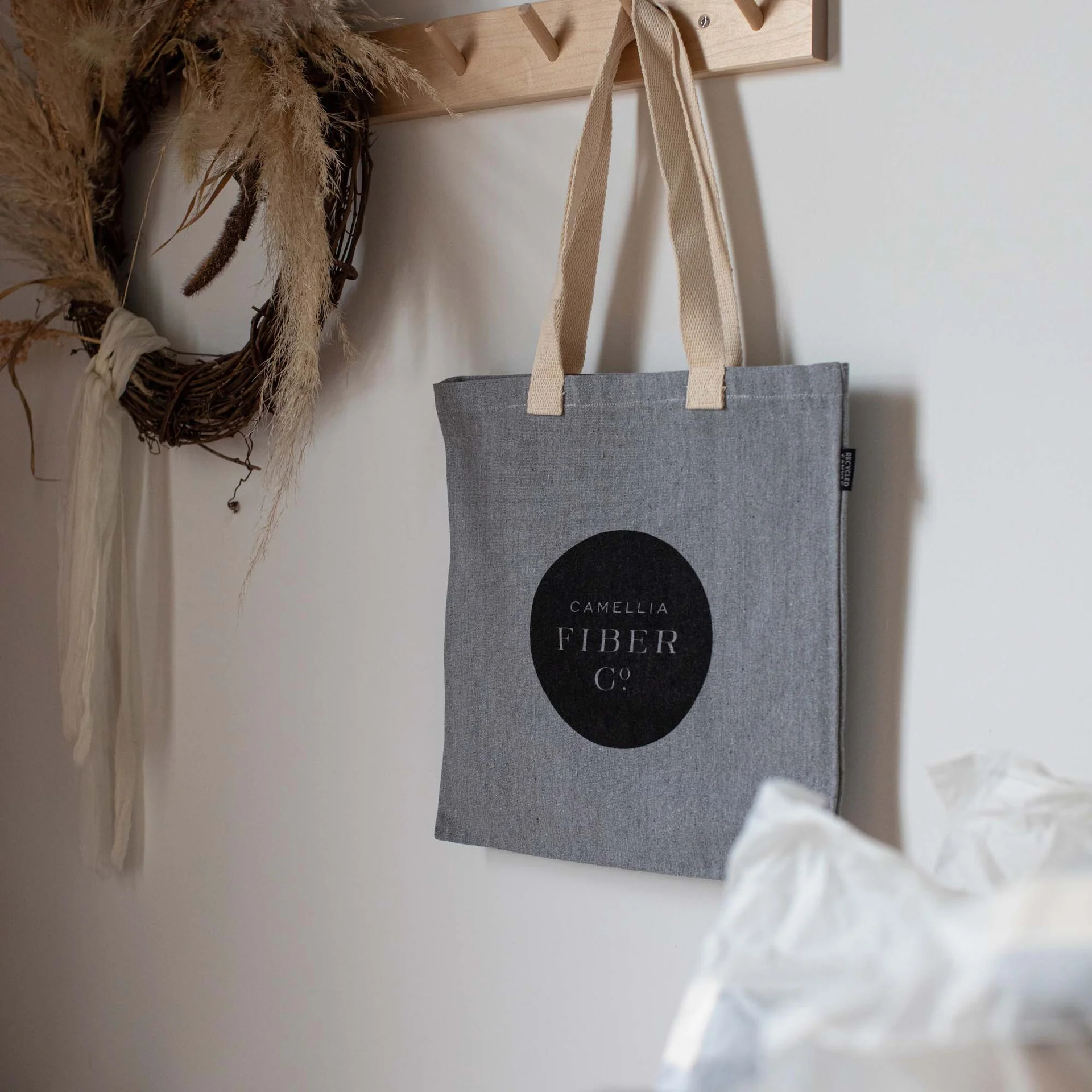A Beginner's Guide to Sustainable Swaps at Home

Making your home more sustainable doesn't require a complete lifestyle overhaul or breaking the bank. The most effective approach is to make simple swaps as you naturally run out of products or need replacements. This guide will show you exactly where to start and how to make changes that create real environmental impact.
The key to successful sustainable swapping is understanding that this is a journey, not a destination. Each small change you make reduces your environmental footprint while often saving money and improving your health. Let's explore the most impactful swaps you can make in every room of your home.
Why Sustainable Swaps Matter
The average household generates over 4 pounds of waste daily, much of which consists of single-use items that could easily be replaced with reusable alternatives. By making thoughtful swaps, you're not just reducing waste—you're supporting companies that prioritize environmental responsibility and creating demand for sustainable products.
Consider this: if everyone in your neighborhood swapped just their disposable paper towels for reusable cloths, it would prevent thousands of pounds of waste from entering landfills each year. Individual actions, multiplied across communities, create substantial environmental impact.
Kitchen Swaps: The Heart of Sustainable Living
The kitchen is often the best place to start your sustainable swap journey because it's where many single-use items are consumed daily.
Paper Towels → Reusable Cleaning Cloths
The Impact: The average family uses 2 rolls of paper towels per week, creating about 30 pounds of waste annually. The Swap: Invest in a set of microfiber cloths or cut up old t-shirts into cleaning rags. Keep them in a designated basket and wash them with your regular laundry. Cost Savings: Up to $200 per year for a family of four.
Plastic Wrap → Beeswax Wraps
The Impact: Plastic wrap can take 1,000 years to decompose and often ends up in waterways. The Swap: Beeswax wraps are reusable, washable, and naturally antimicrobial. They work perfectly for covering bowls, wrapping sandwiches, and storing cut produce. Pro Tip: You can even make your own with cotton fabric and beeswax pellets.
Disposable Water Bottles → Filtered Water System
The Impact: Americans consume 50 billion plastic water bottles annually, with only 23% being recycled. The Swap: Install a water filter on your tap or use a quality pitcher filter, paired with stainless steel or glass bottles for on-the-go hydration. Health Bonus: Filtered water often tastes better and removes chlorine and other impurities.
Single-Use Coffee Pods → French Press or Pour-Over
The Impact: Coffee pods create billions of pieces of non-recyclable waste annually. The Swap: French presses, pour-over systems, or traditional coffee makers with reusable filters. Buy coffee beans in bulk and grind them fresh. Quality Upgrade: Freshly ground coffee tastes significantly better than pre-ground pod coffee.
Bathroom Transformations
The bathroom is filled with opportunities for sustainable swaps that benefit both your health and the environment.
Disposable Razors → Safety Razor
The Impact: Americans throw away 2 billion disposable razors annually. The Swap: A quality safety razor with replaceable blades. While the initial investment is higher, replacement blades cost pennies compared to disposable cartridges. Performance: Many people report a closer, more comfortable shave with less irritation.
Liquid Body Wash → Bar Soap
The Impact: Liquid soaps require plastic packaging and often contain unnecessary chemicals. The Swap: High-quality bar soaps with natural ingredients. They last longer, create less waste, and often moisturize better than liquid alternatives. Travel Friendly: No risk of spills in luggage, and no TSA liquid restrictions.
Cotton Swabs → Reusable Silicone Swabs
The Impact: Cotton swabs are among the most common items found in ocean waste. The Swap: Silicone-tipped reusable swabs that can be washed and used hundreds of times. They're more effective for cleaning ears safely and work better for precise makeup application.
Conventional Toothbrush → Bamboo Toothbrush
The Impact: Plastic toothbrushes take 400 years to decompose. The Swap: Bamboo toothbrushes with natural bristles. Bamboo grows incredibly fast and is naturally antimicrobial. Disposal: Remove the bristles for recycling and compost the bamboo handle.
Laundry Room Innovations
Fabric Softener → Wool Dryer Balls
The Impact: Conventional fabric softeners contain chemicals that can irritate skin and harm aquatic life when washed down drains. The Swap: Wool dryer balls naturally soften clothes, reduce drying time, and can be scented with essential oils. Efficiency: They improve air circulation in the dryer, reducing energy consumption by up to 25%.
Dryer Sheets → Reusable Dryer Sheets
The Impact: Traditional dryer sheets are single-use and contain synthetic fragrances and chemicals. The Swap: Cloth dryer sheets that can be misted with vinegar or essential oil solutions and reused hundreds of times.
Cleaning Supplies Revolution
Chemical All-Purpose Cleaners → DIY Natural Cleaners
The Impact: Commercial cleaners often contain harmful chemicals and come in single-use plastic bottles. The Swap: Simple ingredients like white vinegar, baking soda, and castile soap can clean almost everything in your home. Recipe: Mix equal parts water and white vinegar with a few drops of essential oil for an effective all-purpose cleaner.
Disposable Sponges → Natural Loofahs or Washable Sponges
The Impact: Synthetic sponges shed microplastics and need frequent replacement. The Swap: Natural loofahs (which are actually plants!), or high-quality washable sponges made from natural materials. Longevity: Natural alternatives last much longer when properly cared for.
Living Spaces and Beyond
Air Fresheners → Essential Oil Diffusers
The Impact: Commercial air fresheners often contain phthalates and other chemicals that can affect air quality. The Swap: Essential oil diffusers or simply opening windows for fresh air. Essential oils provide natural aromatherapy benefits. DIY Option: Simmer cinnamon, orange peels, or herbs on the stove for natural home fragrance.
Plastic Storage Containers → Glass Containers
The Impact: Plastic containers can leach chemicals into food and become stained or warped over time. The Swap: Glass containers with airtight lids. They're microwave-safe, dishwasher-safe, and don't retain odors. Visibility: Clear glass makes it easier to see and use leftovers, reducing food waste.
Making the Transition: A Strategic Approach
The "Use It Up" Rule
Don't throw away products you already have—that's wasteful too. Instead, use up what you have while researching and purchasing sustainable alternatives. This approach respects your budget and reduces waste.
Start with High-Impact, Low-Cost Swaps
Begin with changes that offer the biggest environmental impact for the least investment. Reusable water bottles, shopping bags, and cleaning cloths offer immediate returns on investment and significant waste reduction.
Quality Over Quantity
Invest in fewer, higher-quality sustainable products rather than cheap alternatives that won't last. A well-made reusable item that lasts for years is more sustainable than multiple cheap replacements.
Gradual Implementation
Tackle one room or category at a time. This prevents overwhelm and allows you to fully integrate each change into your routine before moving on to the next swap.
Measuring Your Impact
Track your progress to stay motivated. Keep a simple log of swaps you've made and estimate the waste you're preventing. For example, if you switch to reusable water bottles, calculate how many plastic bottles you're not buying each month.
Remember that your choices influence others. When friends and family see your sustainable swaps in action, they often become curious and start making changes themselves. Your individual actions create ripple effects that extend far beyond your own household.
Budget-Conscious Sustainability
Sustainable living doesn't have to be expensive. Many swaps actually save money over time:
- Reusable water bottles save hundreds of dollars annually compared to buying bottled water
- Bar soap typically costs less per use than liquid body wash
- DIY cleaning supplies cost a fraction of commercial cleaners
- Wool dryer balls reduce energy bills and last for years
Look for second-hand options for items like glass containers, and consider making some swaps yourself—like cutting old t-shirts into cleaning rags or making beeswax wraps.
Your Sustainable Journey Starts Now
Choose three swaps from this guide that resonate with you and commit to implementing them over the next month. Start with what feels easiest or most exciting—momentum matters more than perfection.
Remember, every sustainable swap you make is a vote for the kind of world you want to live in. These small changes, multiplied across millions of households, create the market demand that drives innovation and makes sustainable products more accessible and affordable for everyone.
"We don't need a handful of people doing zero waste perfectly. We need millions of people doing it imperfectly." — Anne Marie Bonneau, Zero Waste Chef
Your sustainable journey is unique to your lifestyle, budget, and priorities. Celebrate each swap you make, and remember that every small action contributes to plenty of positive change for our planet.

